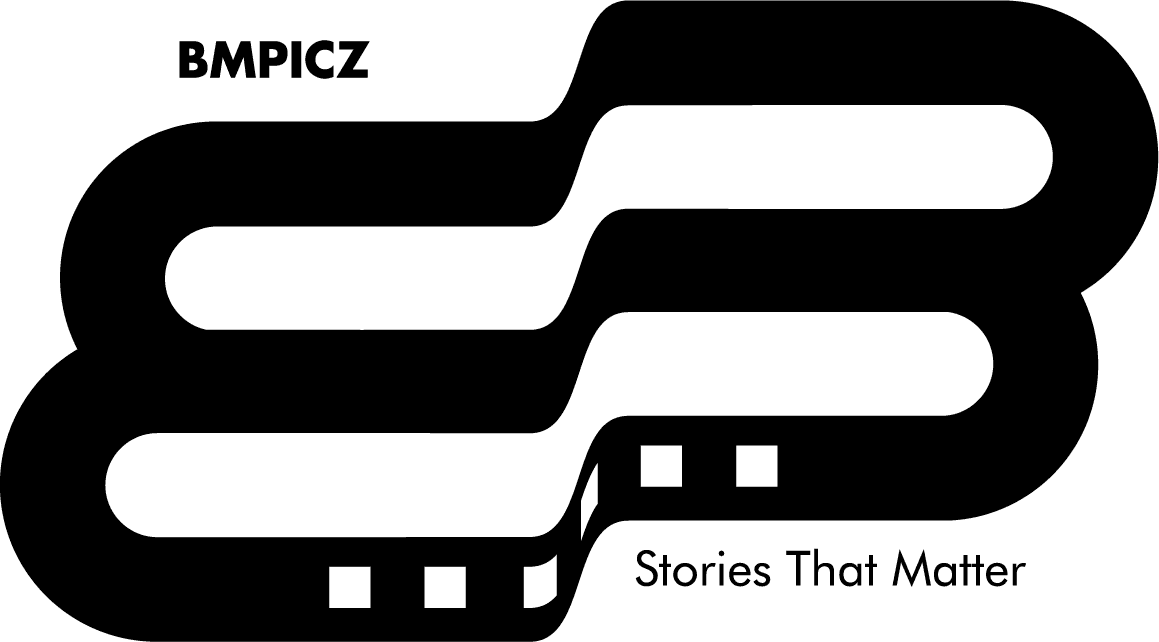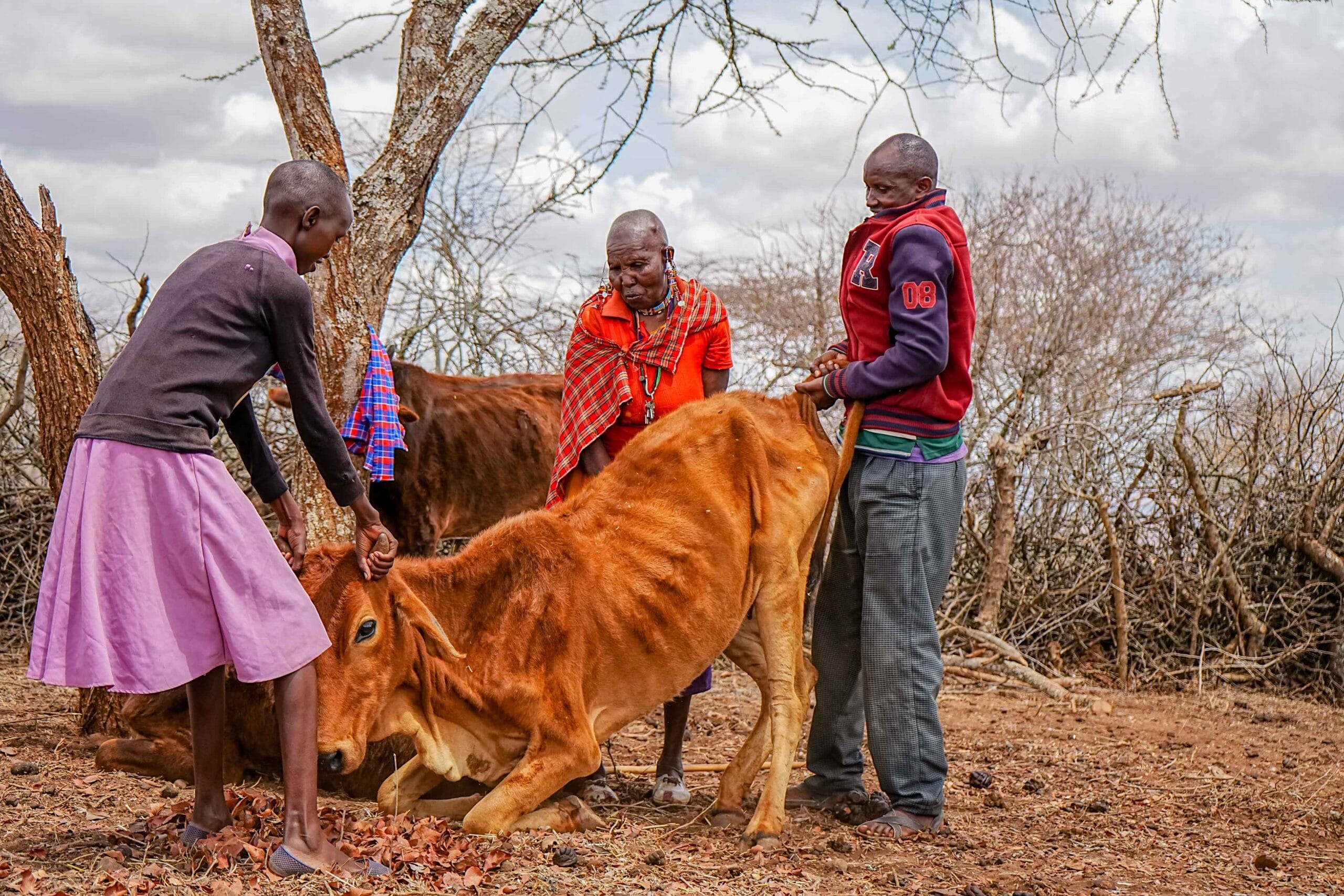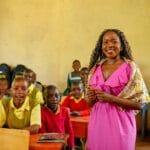Climate Change, Child Marriages & FGM
Climate Change, Early Marriages, and FGM: A Vicious Cycle of Poverty in Maasai Communities
Climate change refers to long-term shifts in temperatures and weather patterns. The devastating impacts of climate change are being felt in many corners of the world, but for indigenous communities like the Maasai in Kenya, it’s an existential crisis. Beyond the environmental degradation and loss of livelihoods, climate change is intricately linked to social issues such as child marriages and female genital mutilation (FGM) deepening cycles of poverty and limiting educational opportunities for girls. My recent documentary, The Braves of Naningoi sheds light on how these interconnected issues are affecting Maasai girls, offering a heartbreaking yet empowering narrative of resilience.
In 2022, Kenya and most countries in the Horn of Africa experienced one of the worst droughts in the last 5 decades. One of the most affected communities was the pastoralist communities which depend on livestock for their livelihoods. When doing a project for WHO on the effects of drought on Health and Food Security, I experienced the devastating impact firsthand. Read more about it here. The award-winning image below that won me the Water is Life global photography competition is of cattle in Kukufami, Marsabit, Kenya comforting each other as they desperately waited to get their turn at a watering point after days without food and water.
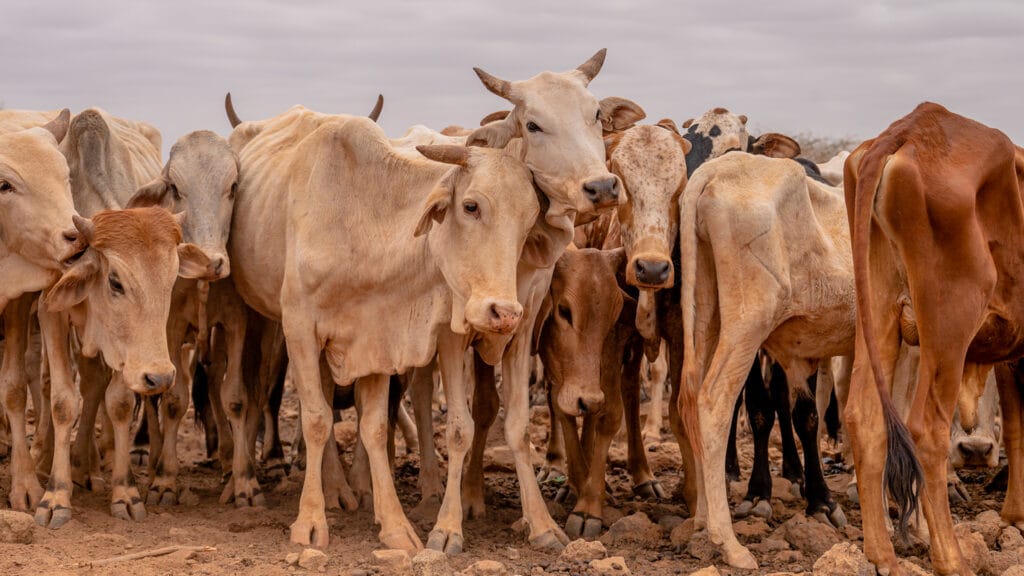
The Climate Crisis and its Impact on Livelihoods
The Maasai have traditionally relied on pastoralism, with livestock as their primary source of income. However, prolonged droughts and erratic weather patterns caused by climate change have decimated grazing lands and water sources. This ecological degradation has led to widespread poverty, forcing families into desperate situations where survival often takes precedence over long-term goals like education.
For many Maasai families, the loss of livestock—a form of wealth—is catastrophic. Without reliable sources of income, families see early marriage as a solution, often marrying off their daughters in exchange for dowries that can support the family. This age-old practice, however, traps young girls in a cycle of poverty and exploitation, stripping them of their right to education and a better future.
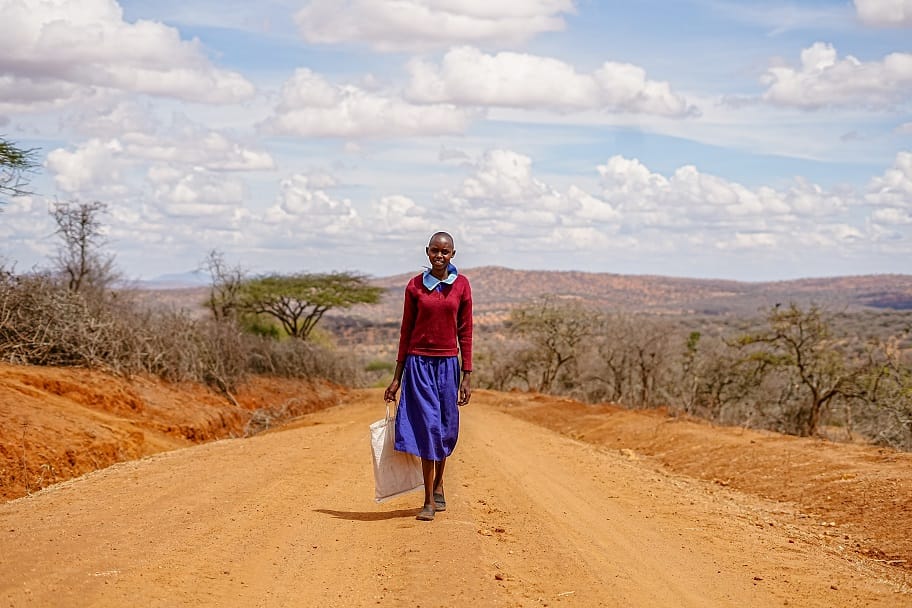
However, hope is not lost. A lot of parents still do everything in their power to support their young girls despite the severe conditions. This was the case for Christine, a young Maasai girl, when I was documenting her story in 2022 for WHO Africa. Christine, a class 7 pupil, has Type One Diabetes, a chronic condition whereby the pancreas produces little or no insulin by itself and which mostly affects young people. This means she has to constantly monitor her blood sugar, stay on medication, and depend on a special diet. This is a challenge for Christine who often doesn’t know when her next meal will be. Her father, Baraka, sold 4 cattle and 10 goats to help her get medical help when she was diagnosed with the disease in mid-2022. The remaining 8 cows were the only source of livelihood for her family but the 2022 drought claimed them all, leaving Christine and her family at a state of food insecurity. Despite all the challenges, with her parents’ continued support and that of well-wishers, Christine is optimistic and dreams of becoming a doctor one day and helping members of her community.
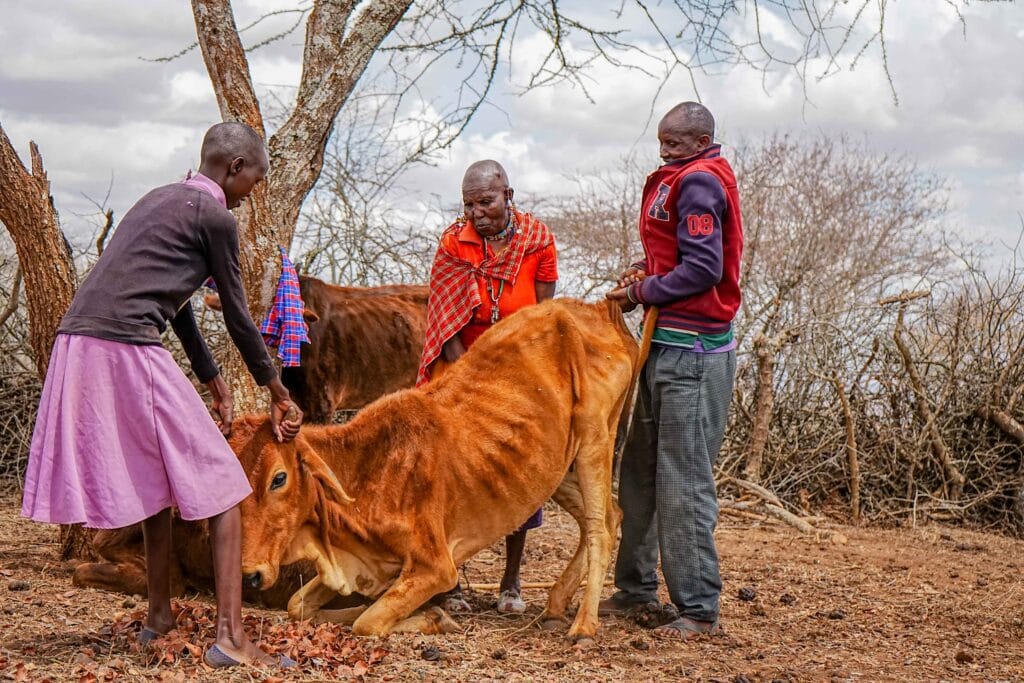
 The Link Between Climate Change and Early Marriages
The Link Between Climate Change and Early Marriages
As families face financial stress due to climate-induced challenges, girls are increasingly seen as financial assets. Early marriage, particularly among the Maasai, is rooted in the need for dowries—typically paid in livestock—which can temporarily alleviate financial difficulties. The younger the girl, the higher her perceived value, making it more appealing for families to arrange marriages when times are hard. She is never consulted or granted a voice in the matter, many of them are forced to marry men twice their age while they are still at pre-adolescence age.
In the Braves of Naningoi documentary, we hear the stories of girls who fled from forced marriages at ages as young as 12, hoping to escape a life of servitude. For many of these girls, marriage is not just an end to their childhood, but also a barrier to their dreams of education and freedom.
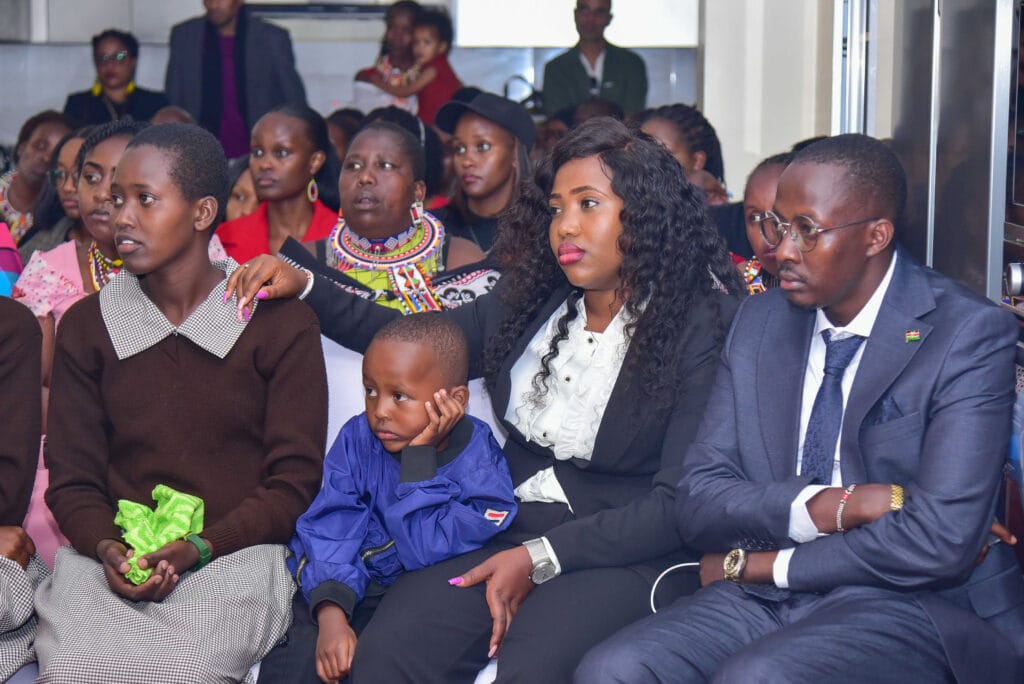
FGM: Another Burden
Closely tied to early marriages is the practice of female genital mutilation (FGM), which is still prevalent in many Maasai communities. FGM is seen as a rite of passage, preparing girls for womanhood and, consequently, marriage. With the economic strain brought by climate change, many families are pushing girls through this harmful practice at an even younger age, fast-tracking them into marriage.
The girls at the Naningoi Girls Rescue Centre, featured in the documentary, share harrowing stories of either going through or escaping FGM and forced marriages. Their bravery shines a spotlight on how climate-induced poverty fuels harmful cultural practices, pushing more girls into cycles of abuse.
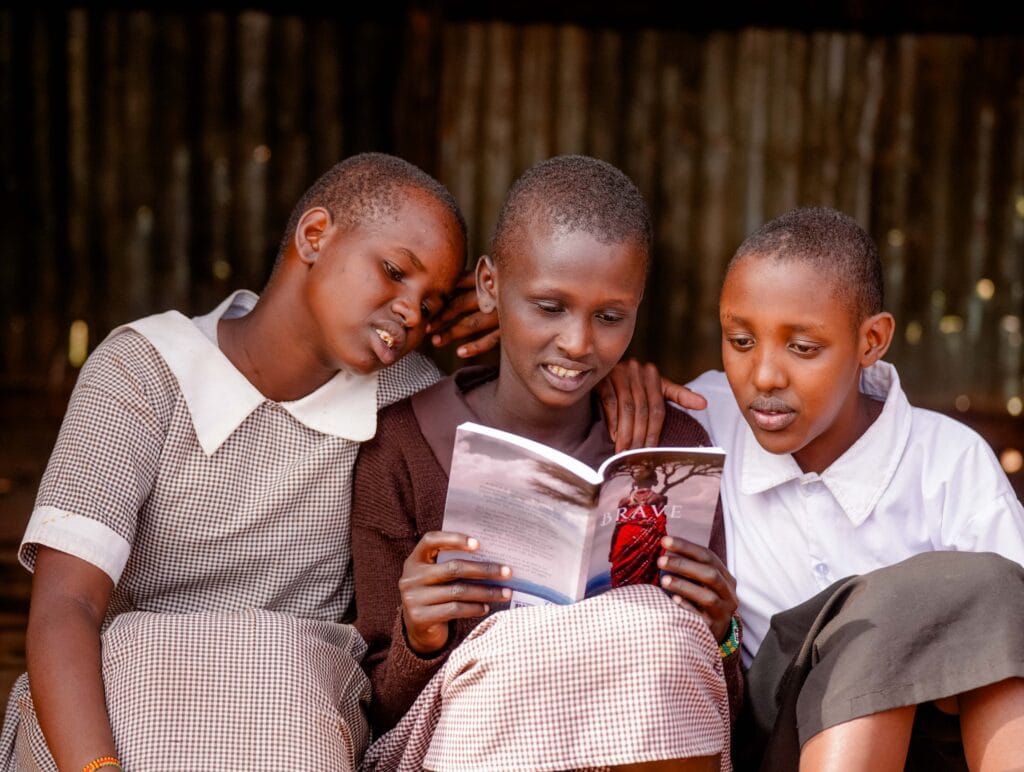
Breaking the Cycle Through Education
Education remains the key to breaking this vicious cycle. By staying in school, girls can delay marriage and gain the skills they need to escape poverty. However, with families struggling to meet basic needs due to the impact of climate change, keeping girls in school has become a challenge.
The Naningoi Girls Rescue Centre provides a lifeline for these girls, offering them a safe space where they can pursue their education and dreams. Yet, as climate change continues to wreak havoc on local economies, the centre struggles to secure the necessary resources to keep its doors open. The Braves of Naningoi documentary not only tells the stories of the girls but also calls for support to ensure that more girls can access the education they need to fight for a brighter future.
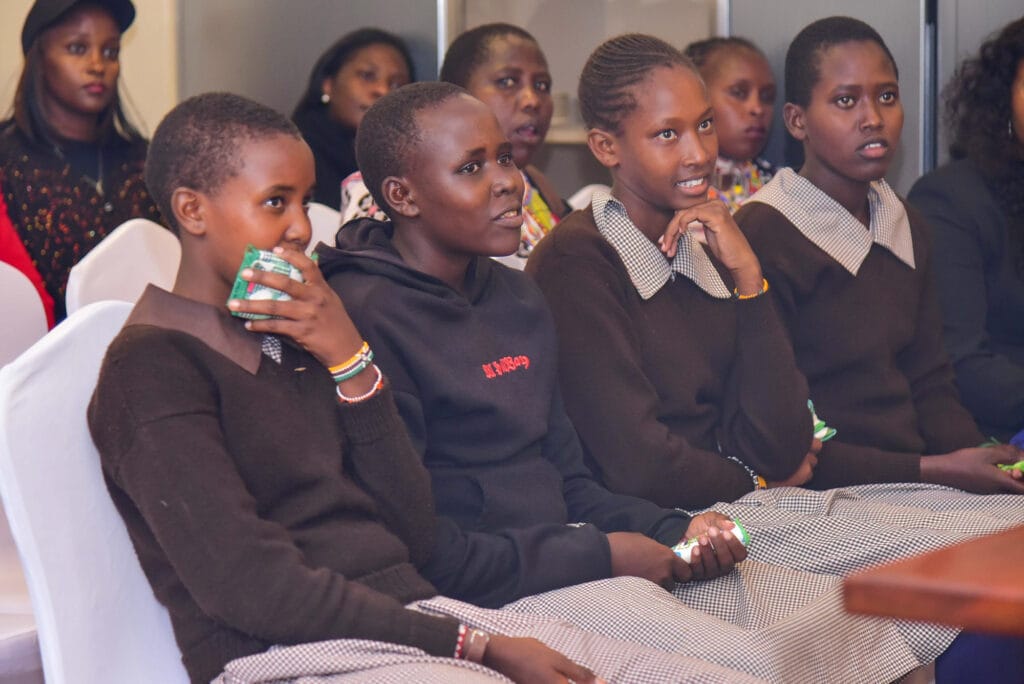
The Way Forward
As climate change continues to threaten the livelihoods of indigenous communities, we must recognize that its effects go beyond environmental destruction. The rise in early marriages and FGM within the Maasai community is a clear indication that climate change also has far-reaching social consequences. Addressing these issues requires a holistic approach that tackles both the environmental and social challenges faced by marginalized communities.
Through the stories of the brave girls of Naningoi, we see the power of education and community support in breaking these cycles. Now more than ever, we must stand with them, advocating for sustainable solutions to climate change and ensuring that every girl has the opportunity to live free from the constraints of early marriage and FGM.
Support the Braves of Naningoi by watching the documentary and sharing their stories. Together, we can help build a future where girls are empowered to reach their full potential, despite the challenges posed by climate change.
How You Can Support: Learn more about how you can support the Naningoi Girls Rescue Centre and other initiatives aimed at protecting girls from early marriages and FGM. Visit naramat.com for more information.
 Previous post
A Touch of Nature Exhibition
Previous post
A Touch of Nature Exhibition
